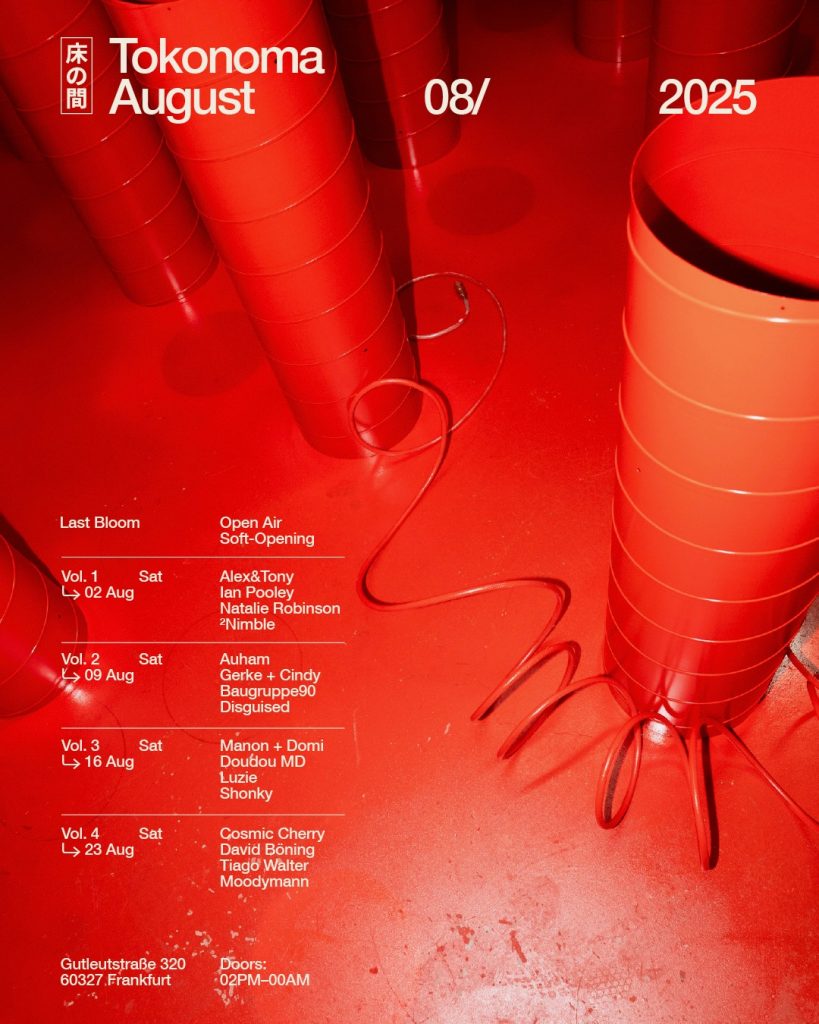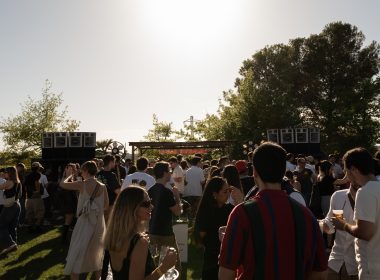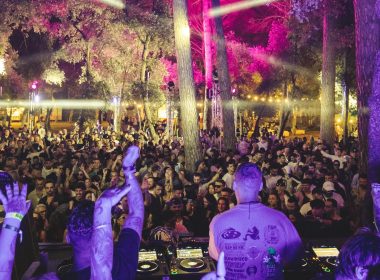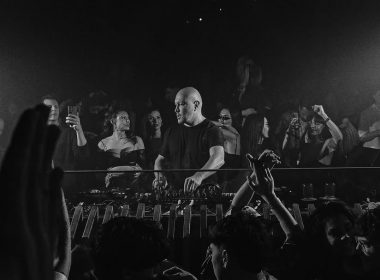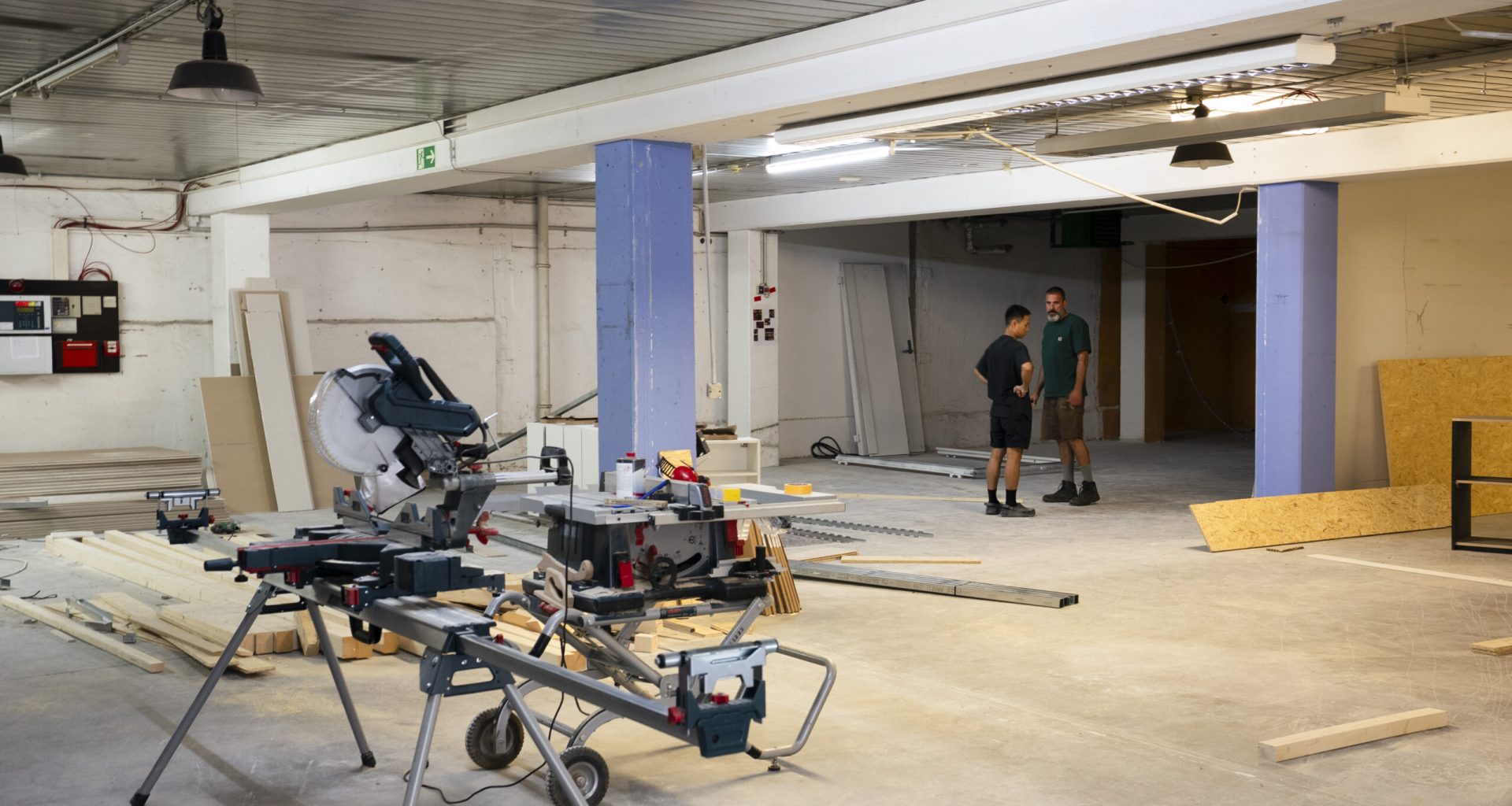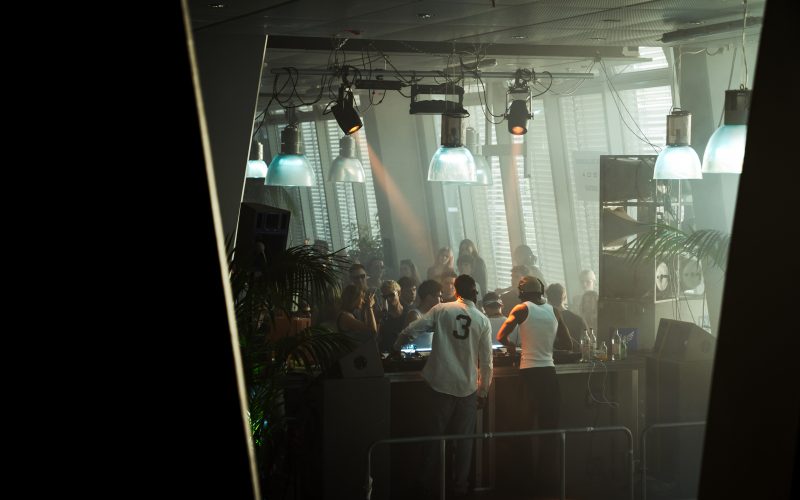Frankfurt didn’t need another club; it needed a new kind of club. And that’s exactly what Tokonoma is bringing to the table. What started as an ambitious party concept in the city’s Bahnhofsviertel has now reemerged as a new venue: one that’s intimate, multidisciplinary, and deeply rooted in intention.
From its name to its layout, Tokonoma draws inspiration from Japanese architecture and cultural principles. The goal was never just to build a club, but to craft a space that invites presence, curiosity, and attention to detail. A place that’s just as comfortable hosting a rave as it is a live performance, installations, or experimental showcases. Across three rooms located on Gutleutstraße, the 1,000 square metre space also boasts a garden suitable for open-air events.
A new frequency in Frankfurt’s underground
To set the tone for what’s to come, Tokonoma is launching a soft opening series called Last Bloom—a four part open-air chapter unfolding across the summer. Upcoming volumes will include artists like Moodymann and Shonky, each edition designed to reflect a different facet of Tokonoma’s identity.
Unlike the more commercial models that dominate nightlife, Tokonoma focuses on slower growth, curated community, and resisting the pressure to follow trends. Its programming balances international talent with Frankfurt’s own underground strength, while embracing theatre, audiovisual art, and other creative formats. The club isn’t just a space for music—it’s a cultural hub.
With a grand reopening slated for October, and the Last Bloom series bridging the journey in the meantime, Tokonoma isn’t aiming to be the biggest. It’s aiming to be the most meaningful—and in a city like Frankfurt, that’s exactly what was missing.
